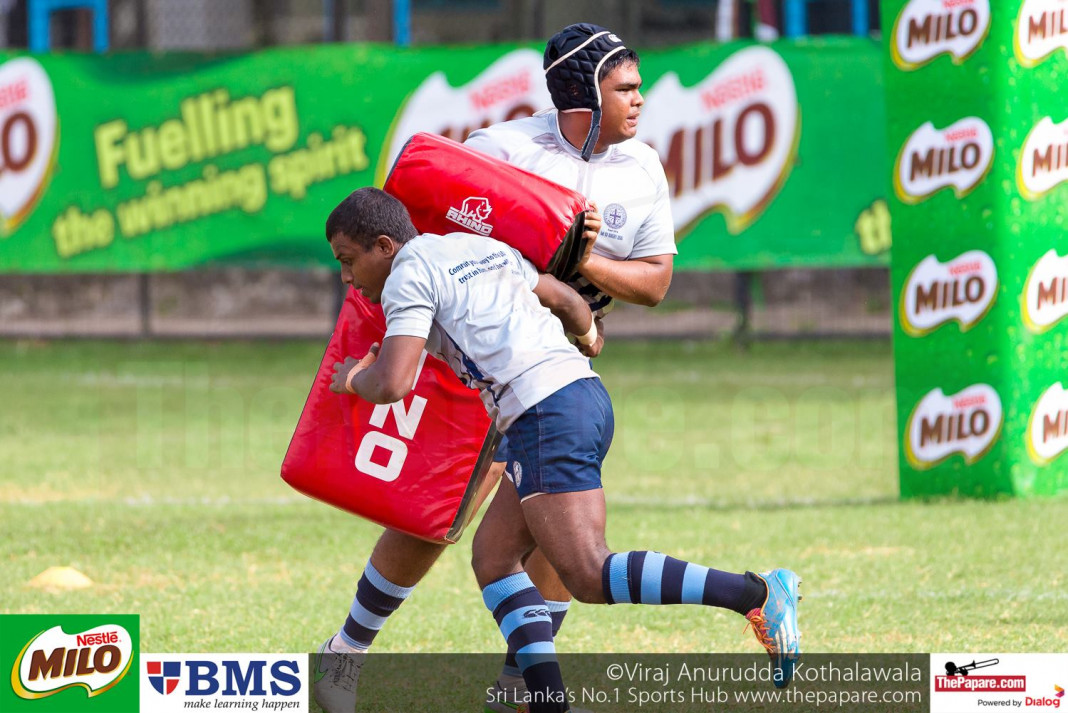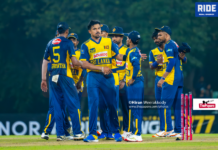With the Singer Schools’ Rugby League season 2017 just twelve weeks away, plans within plans are being hatched and blocks are well and truly in place to begin building towards a successful season. The words pre-season make most mortals wince but not those who know that entering a physically demanding few weeks is the only path to rugby glory.
The benefits of putting a team into a world of pain during the months preceding a rugby season are not only physical though. Sure fitness levels increase, ball handling improves because of the amount of work put into patterns and shapes of both attack and defence, but the real value of the blood, sweat and tears shed during pre-season is the bond that develops between all involved. The connection a coach has with his players after putting together a pre-season plan and then methodically ticking off each task as they get closer to game time is built on a commodity that cannot be bought, TRUST.
The hours spent planning and organising, before the first meeting with the players, by the coach and management prepares the team for a successful season. Having a meticulously organized session is highly motivating for a team, whether it is on the field or in the gym, and many parts of the pre-season do not have to have anything to do with rugby knowledge. These tasks are often part of the team manager’s duties. Having adequate hydration, safe and clean training equipment and good food for the team after physical exertion all need to be delivered in a timely manner.
Ensuring the training timetable is known and all information needed is given to everyone all shows the team that the manager is also giving to the team. These tasks can all be done without any mention of a tackle, a scrum or a line-out but they present an environment where it is easy for players to work hard.
Obviously the strength and conditioning needs to be timed to have the players physically fitter than the other teams while also managing the energy levels to have the team well rested for match day. Different positions have specific requirements of speed and agility, power and flexibility, while all positions need endurance. At some point many players realize that rugby is more enjoyable when they are fit. Their own contribution to the team improves and their relationships within the team strengthen.
Still we have not mentioned one word about rugby.
If the rugby knowledge that the coaching staff bring to the program fits seamlessly into this environment then the team has a chance of success. But even the most basic attack and defensive plan can be successful if we have a good team spirit or culture.
How will you recognize a team that has this culture in place when the season kicks offs? You will see a team that plays for each other and where players work hard when they do not have the ball. They will be the team that plays hard, honest rugby until the final whistle, regardless of the score. It is the team that we all want to play for. Not because they win all their games or have all the stars but because they look like they are having fun and that they play rugby for their team mates. You will see them forming a tunnel to clap the opposition off the field while enjoying each other’s company after the game. And when people talk about that team they will mention words like respect, selfless effort and TRUST.
Is there such a team? One that respects all those involved in our game, respects the referee and the opposition, trusts the coach and continually gives selflessly? Get along to some live rugby this weekend and see if you can catch sight of these qualities, for these are the qualities that promote our game.
If all goes to plan for those who have started pre-season for the Schools’ Rugby League competition we will see these qualities on show when the season begins in 2017.














